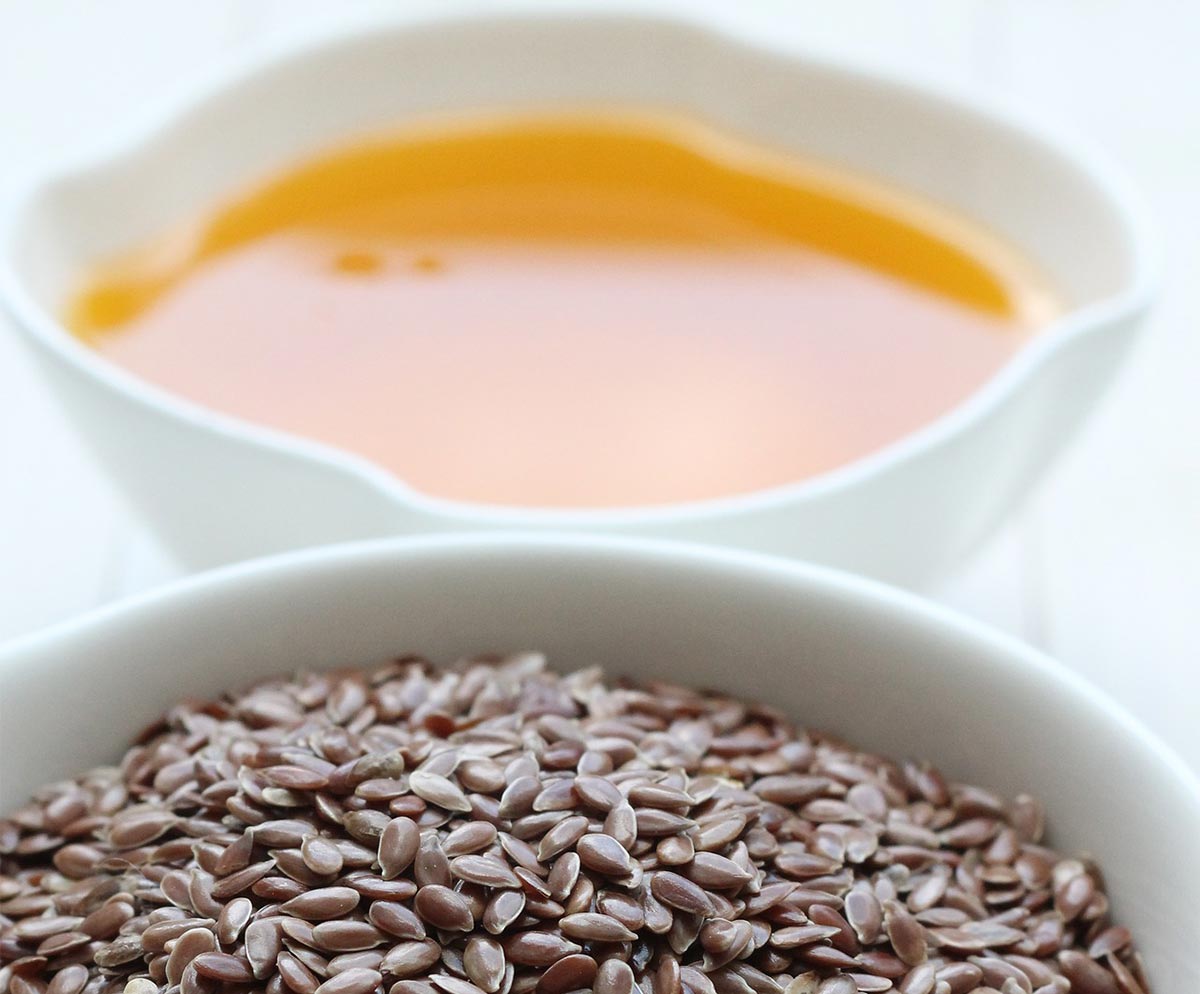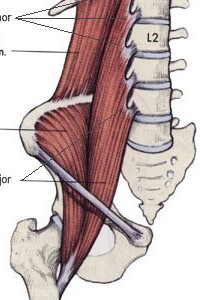Protein shakes are loud. Polyphenols whisper. But your gut listens.
In a world where supplements scream for attention like toddlers in a toy store, polyphenols are the grown-ups quietly fixing the plumbing. No flashy packaging, no neon powders, no "extreme berry explosion" flavors. And yet, if you're serious about performance, recovery, and not spending half your training cycle sick or inflamed, you might want to start listening to what these understated plant compounds are saying to your gut flora.
The microbiome: your real personal trainer lives inside your colon
Your digestive tract isn’t just the end of a burrito's journey. It’s a bustling metropolis of bacteria, fungi, and yeasts, collectively known as the microbiome. This microscopic crowd influences everything from nutrient absorption to immune response and even mood. But for athletes, there's one detail that makes it mission-critical: inflammation. Polyphenols, naturally found in foods like berries, olive oil, tea, and spices, act like elite bodyguards for your gut lining and gut-based immune signaling. They promote growth of good guys like Akkermansia muciniphila and Lactobacillus reuteri, while giving a microbial eviction notice to troublemakers like Clostridium perfringens¹.
Chronic inflammation is so last season
Every workout is a controlled injury party. You push muscles past their comfort zone, they get inflamed, and ideally, adapt stronger. But here's the kicker: without tight regulation, systemic inflammation doesn’t stop at the quads. It spills over into the gut, disrupting tight junctions, thinning mucus layers, and increasing intestinal permeability—aka “leaky gut.” This opens the door to toxins and immune overactivation. Polyphenols step in like diplomatic negotiators, calming the inflammatory riot. They reduce cytokines like TNF-α and IL-6 and preserve mucosal integrity². Think of them as your gut's SWAT team—minus the collateral damage.
2025 updates: blueberries, green tea, and inflammation biomarkers
Emerging research from early 2025 shows that athletes supplementing with polyphenol-rich extracts from green tea and wild blueberries not only improved gut barrier function but also had lower post-exercise levels of C-reactive protein and TNF-α³. Translation: fewer days feeling like you’ve been steamrolled by your own training. The kicker? These effects were dose-dependent and most effective when consumed within two hours post-exercise. Apparently, timing is everything—even for phytochemicals.
Olive oil: because your gut loves bitterness
If your olive oil doesn't burn a little going down, it's not working hard enough. That throat-scratch is thanks to oleocanthal, a polyphenol with an anti-inflammatory profile so similar to ibuprofen it might as well be wearing a lab coat⁴. Add in hydroxytyrosol and oleuropein, and you’ve got a botanical dream team that not only reduces gut inflammation but actively supports mucus production and microbial diversity. A 2024 Italian study found that just 25 ml of high-polyphenol olive oil daily significantly shifted the microbiome of endurance athletes toward a less inflammatory profile⁵. The Mediterranean diet didn’t become famous by accident—it’s pharmacology disguised as dinner.
Polyphenols aren’t sexy. But neither is explosive diarrhea.
Let’s be honest—most sports nutrition advice is aimed at aesthetics or macros. The gut? Rarely gets a starring role. But ask any athlete who's had to bail on a race thanks to mid-run GI apocalypse, and they'll tell you the gut deserves respect. Polyphenols are gut-focused. They stabilize digestion, reduce bloating, support motility, and make sure that protein shake you chugged actually gets absorbed instead of creating internal chaos. (means fart loudly and proudly) And unlike some supplements, they don’t need a warning label longer than a CVS receipt.
Gut health equals performance—no, seriously
Let’s do the math. A healthy gut improves nutrient extraction. More nutrients mean better recovery. Better recovery means harder training. Harder training equals more adaptation. And at the center of it all? A stable, resilient microbiome. This isn’t wellness fluff—it’s performance science. Recent meta-analyses have tied improved gut integrity and microbial diversity to faster glycogen resynthesis and higher VO2 max⁶. Translation: your gut isn’t just processing lunch—it’s defining your limits.
Forget magic bullets. Think microbial balance.
Polyphenols don’t work like caffeine or creatine. They don’t give you a visible pump or a five-rep boost. What they offer is subtle—until it’s not. They quietly shape the ecosystem that shapes your immune system, your hormones, your resilience. That might not sell gym memberships, but it will win races. If your nutrition plan ignores the gut, it’s ignoring half the battle. So eat more berries. Brew some tea. Pour the good oil. Your microbiome is waiting—and it just might be the best coach you never hired!













